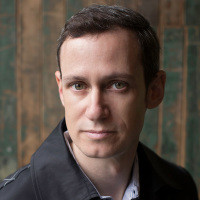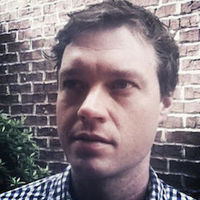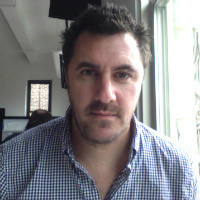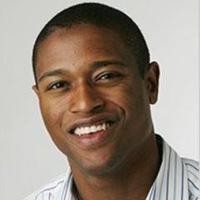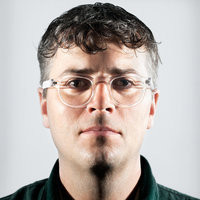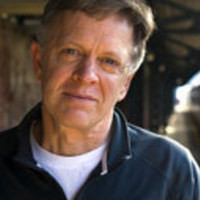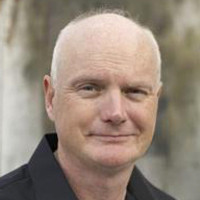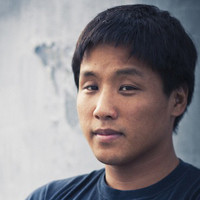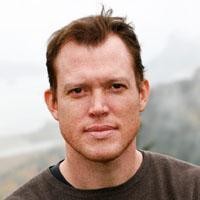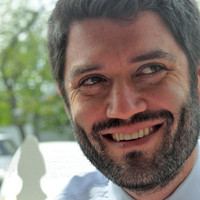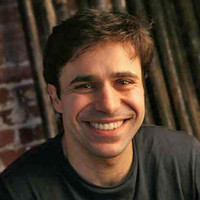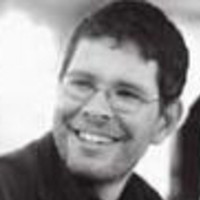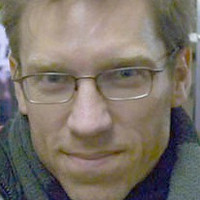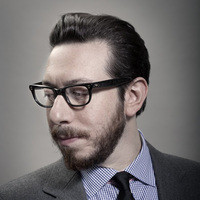Robert Kolker is the author of Lost Girls and a contributing editor at New York.
"For better or for worse, my heart's not in the mystery. I want [the killer] to be caught—he's obviously a predator and he's unstable. But they all are. They're all messed up people who victimize other people and they all look normal. The art and science of catching serial killers has become more than slightly overblown in our society. And you know, I love Silence of the Lambs … but I'm not entirely sure that our obsession with who the serial killer is and why a serial killer does it is in proportion with how interesting they end up being."
Thanks to TinyLetter for sponsoring this week's episode.
</blockquote>


